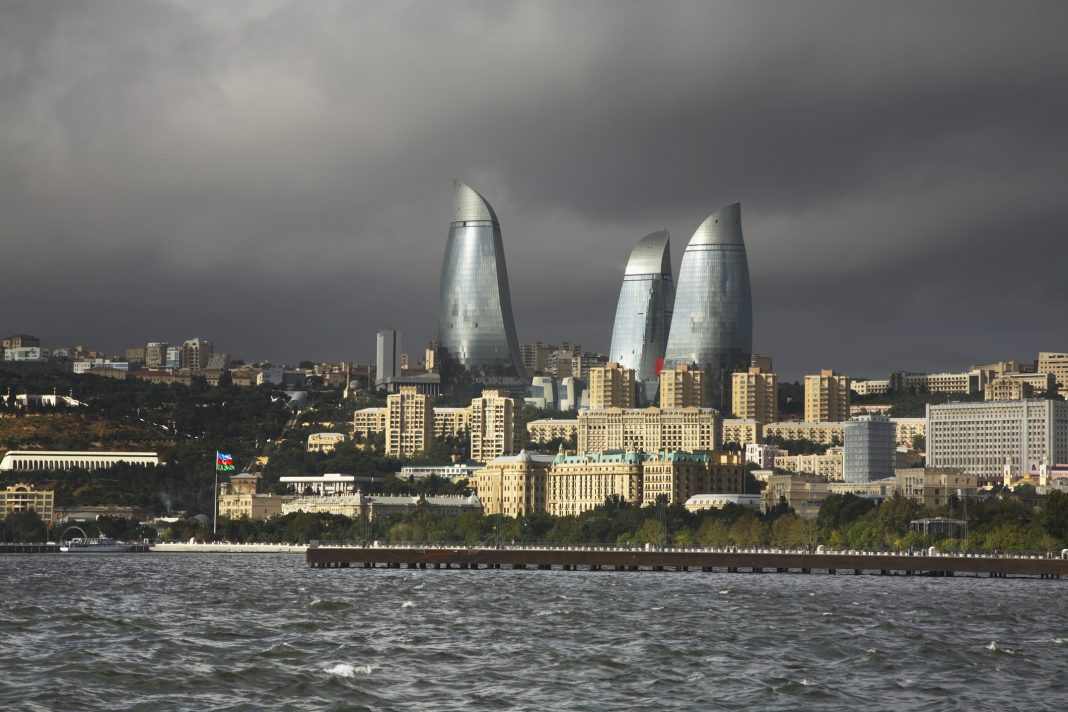Richard Beardsworth from POLIS at the University of Leeds continues a discussion on climate leadership, this time focusing on post-COP29 outcomes
The immediate outcomes of COP29 have now been well rehearsed in the media and by climate analysts (this article was written two weeks after COP29 closed). A financial deal was achieved at the back end of the second week although, for all developing countries, the new quantum, $300 billion publicly funded by developed countries, fell wide of the mark (‘trillions not billions’ are needed).
Without the offer of large financial pledges, there could be no contagious diplomatic movement to ratchet up national emissions targets (a necessary, but fleeting condition of meeting Paris Agreement temperature limits). These outcomes met a divided response.
Developing countries were frustrated, indeed angry (LDCs and small island states walked out, eventually to return). Developed countries underlined the lack of diplomatic flexibility in a constrained budgetary context but noted that the multilateral climate regime had held. Some developed and developing countries concluded more optimistically that the new quantum would serve as a positive framework for multiple sources of funding (up to the $1.3 trillion desired by southern countries) as well as for reform of the international financial architecture (pursuit of The Bridgetown Initiative).
Two weeks later, an important question arises for us all: What do these immediate outcomes of COP29 tell us about the present and future state of global climate leadership?
Climate leadership and geopolitics
It has always been the case that the activities of the international climate regime, the UNFCCC and its annual COPs since 1995, have been informed by political and geopolitical considerations, notably the deep sense of alienation felt by developing countries in the South. The UNFCCC has responded with an admirable extension of its norms (under the umbrella of ‘climate justice’) and of its participants (beyond government, business, civil society, indigenous communities, and youth).
Also, there has always been a cosmopolitan moral and diplomatic hope that the climate regime and its negotiations can be kept separate from political and geopolitical disagreements: for example, dual U.S./China action on the ‘global challenge’ of climate change up till the first Trump administration. The outcomes of COP29 confirm, however, that this separation is tenuous.
The Baku conference revealed in the clearest possible terms that international climate diplomacy and climate leadership are increasingly structured by geopolitics: theatres of conflict (Ukraine, the Middle East, Sudan, Taiwan), mixed but conflicting alliances (G20 countries, G77 countries, BRICS+), international political economy (fiscal constraint in the North; sovereign debt in the South; competition in the global energy transition) and normative shifts in the political arena (from global liberalism to nationalism and populism). The weak outcomes of COP29 show less that COPs are unfit for purpose than they illustrate the extent to which climate leadership has to shape the very geopolitical forces that determine the limits of this leadership’s field of action.
The imminent retreat of U.S. leadership from the Paris Agreement means, for example, that the EU and China will need to find common ground to help lead global climate action not despite, but through and beyond the fundamental economic tensions between them (EU carbon tariffs and industrial policy versus cheap Chinese clean technologies, etc.). Multilateral climate diplomacy survived COP29. However, COP29 also foregrounded the ever-recurrent re-configuration of climate leadership needed to spur on the Paris Agreement and science-based climate ambition.
Future climate leadership: Three asks
The second Trump administration may set a bad domestic example for international climate behaviour (‘drill, baby, drill’), allowing other uncommitted countries to take cover behind it. Global norms regarding climate ambition and action will be simultaneously undermined and intensified around another group of actors. Based on actions and comments made at COP29, those actors keen to take the lead are the EU, China, Brazil and the UK.
Despite its domestic troubles, the EU aims to remain a normative climate leader in mitigation and adaptation. Conscious of imminent U.S. tariffs, China will accelerate its decarbonization plans and aim to flood global markets with clean technologies. Brazil and the UK have been the first, with the UAE, to declare ambitious new NDCs, that of the UK in principle compatible with 1.5°C. Brazil, renowned for its diplomacy, will determine its terms of climate leadership in preparation for the tenth anniversary of the Paris Agreement, COP30 in Belém.
Three things should be underlined if these acts of leadership are to gain traction in the current geopolitical context.
- First, national (or regional) climate leaders should deploy the narrative of ‘enlightened self-interest’ when advancing international cooperation: it makes sense, for example, and as many have argued, to help finance the energy transition in more vulnerable countries if one wishes to reduce immigration flows at home. The dominant political narrative, since the Russian invasion of Ukraine, of ‘national energy security’ does not capture this interrelationship between domestic constraint and international funding.
- Second, this pool of leaders must broker trust between the North and the South through concrete financial investment in the more vulnerable developing countries, just as this pool of leaders must broker trust in the next five years between the industrial policies of the developed countries and China’s economic policy of cheap low-carbon technologies. Only through practices of trust can international cooperation have a chance against the backslide into populist nationalism.
- Third, considering the Global Stocktake and the energy package agreed at COP28, the transition away from fossil fuels must come to structure the diplomatic agenda.
COP29: Conclusion
COP29 revealed itself to be as much a geopolitical COP as a finance COP. With the absolute need to broker trust between North and South, deep tensions between China and the West regarding the global economy of the energy transition, populist headwinds in the North, and the entrenchment of the fossil fuel industry – science-based climate leadership must work very hard in the next five years if it is to gain the advantage.


